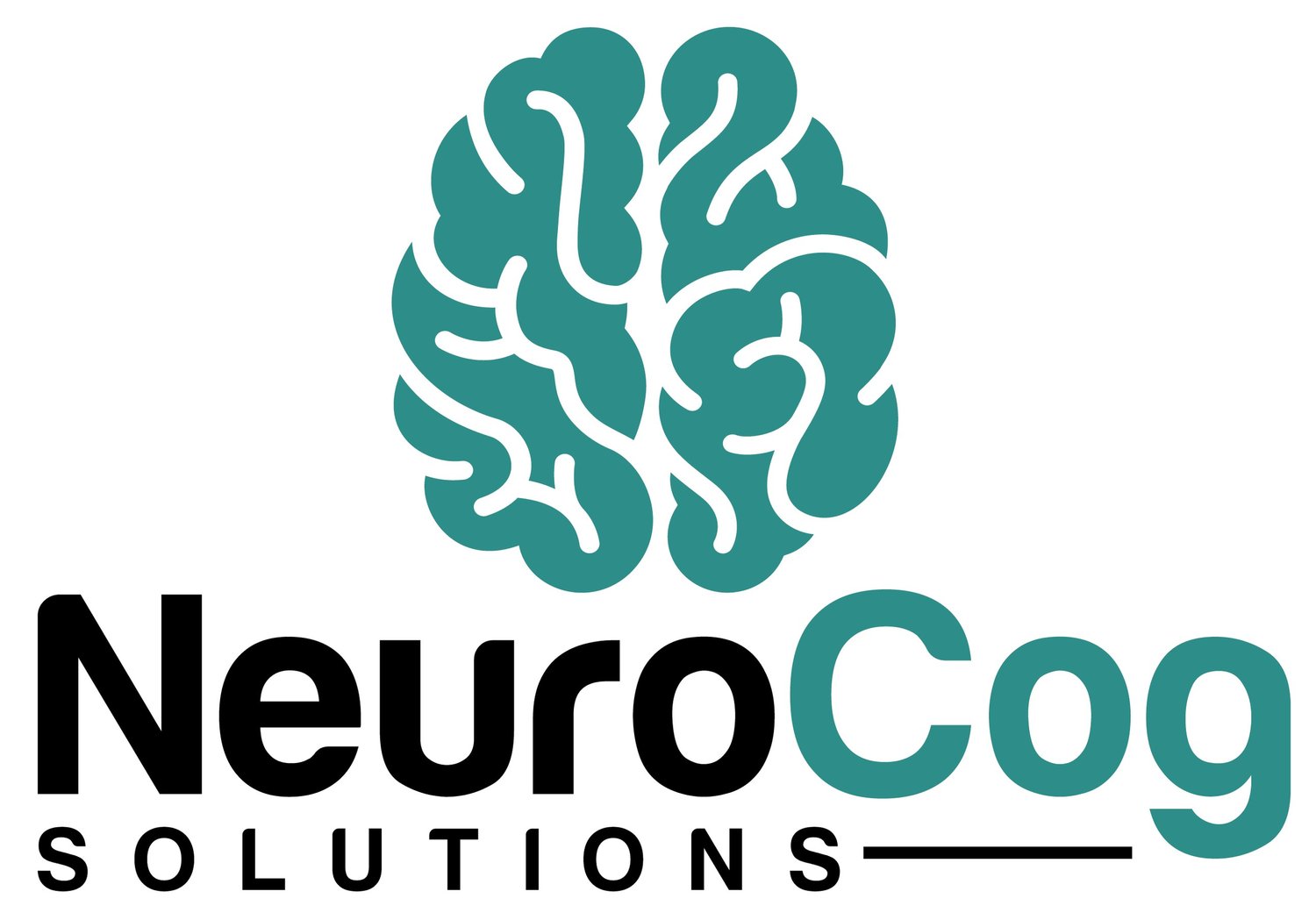What’s causing my memory loss? Is it dementia or something else?
Sometimes people experience memory loss and other problems with their thinking - even problems as severe as mimicking dementia - that are not actually caused by dementia. This is commonly called pseudodementia.
What does the term “pseudodementia” mean?
It’s a label used to refer to conditions that cause dementia-like symptoms. “Pseudo” is used because the symptoms are not actually caused by dementia.
What can cause pseudodementia?
Some psychiatric and medical conditions can cause pseudodementia. By far, the most common condition is depression – we know that depressed mood negatively impacts cognitive functions, especially in older adults.
How can you differentiate between dementia and pseudodementia?
Patterns of performance on cognitive tests often look different in the two conditions.
Can pseudodementia be treated?
Memory loss and other cognitive problems will likely resolve if the underlying condition is treated. For instance, if a person’s symptoms are actually caused by depression, memory and other thinking skills should return to normal after the depression has been treated.
How can someone find out if they have dementia or another condition?
One of the difficulties in diagnosing pseudodementia is that dementia and depression often co-exist. This can cause confusion in determining if it’s dementia, depression, or perhaps dementia AND depression. In some cases, depression can precede cognitive disorders (such as Alzheimer’s disease), and in many cases, depressed mood develops as a result of having dementia.
Neuropsychological testing can help pinpoint the cause of memory loss.
A thorough neuropsychological evaluation can help determine what’s causing cognitive impairment and provide recommendations for next steps.
